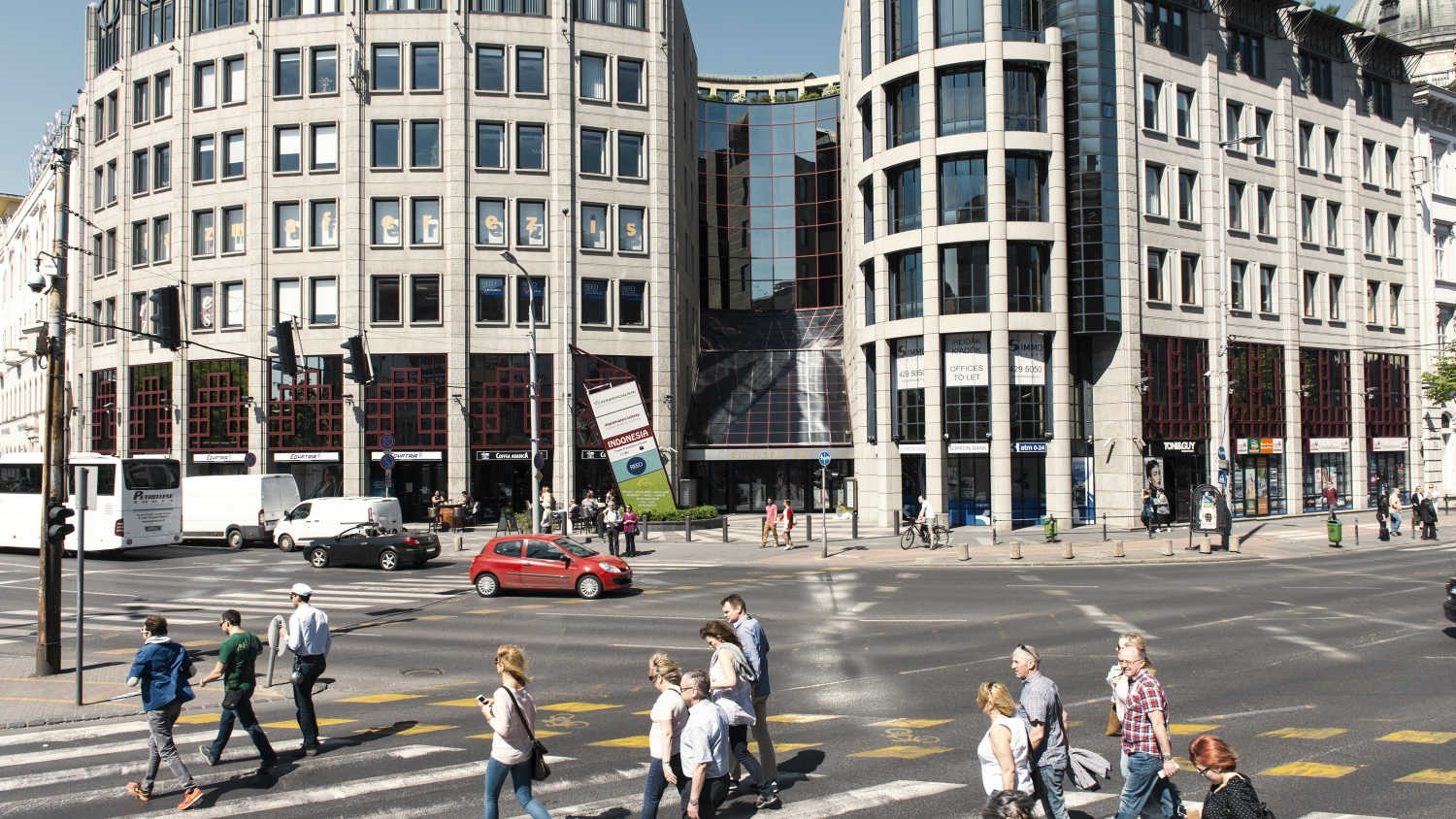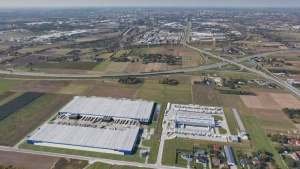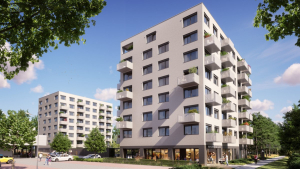
The sharp rebound of the Hungarian real estate investment market witnessed in H2 2015 has gained further momentum during the first half of this year. According to JLL the transaction volume of the first semester reached more than EUR 910 million, already more than during the full 2015 year, highlighting the increasing weight of capital targeting Hungarian assets.
Out of the total amount, investment deals accounted for roughly EUR 830 million with retail assets representing the main share of this volume (39%) followed by offices (34%), logistics (26%) and hotels (1%). The balance of EUR 80 million is composed of plots and vacant buildings.
The main transactions included large ticket, standalone buildings and portfolios. Blackstone acquired the Immofinanz logistics platform across the CEE region (and Germany) with more than 100,000 sqm located in Hungary. Diófa Real Estate Fund was the most active buyer across the office and retail segment with the acquisition of the Inforpark G office building, Europark shopping centre and Zala Park. CTP have also been extremely active building up their Hungarian portfolio during the period with now more than 200,000 sqm owned in Hungary.
The beginning of the year also witnessed the entry of new investors on the Budapest scene. In March Zeus Capital Management completed its purchase of the newly delivered Váci Corner from HB Reavis while in June KGAL acquired Eiffel Square from Europa Capital and its JV partners. Other new entrants on the market are currently in exclusivity on a number of office deals.
The underlying factors supporting the trend remain at play and JLL foresees no change in the coming months. Market fundamentals remain robust, with solid occupier demand, declining vacancy rates and a recovering development activity. In parallel, the increasing pool of equity targeting Budapest and the increasing appetite of banks to finance deals is dramatically increasing the liquidity. Moreover, the yield spread with Western European and other leading CEE markets guarantees the attraction of the market. Finally, as anticipated Fitch has upgraded its sovereign debt rating of Hungary from junk level to investment grade (BBB-) in March 2016 and a similar move is anticipated from Moody’s later in the year.
“Prime yields have fallen to 7% for offices, 6.75% for shopping centres and 8.50% for logistics. On a relative basis and bearing in mind that some core western markets are now getting close to 3.00% yields, this appears reasonable. Further compression is expected over the next 12 months. Domestic buyers (local real estate funds, the Hungarian National Bank) and international investors will drive the activity and liquidity should remain high in every asset class. We expect further portfolios as well as landmark buildings to be sold in H2 which will push the 2016 volumes towards the EUR2.0 billion level. The strong pipeline we have built over 2015 is now transforming in transactions and the momentum remains very strong across all asset classes and all lot sizes”, commented Benjamin Perez-Ellischewitz, Head of Capital Markets, JLL Hungary.



